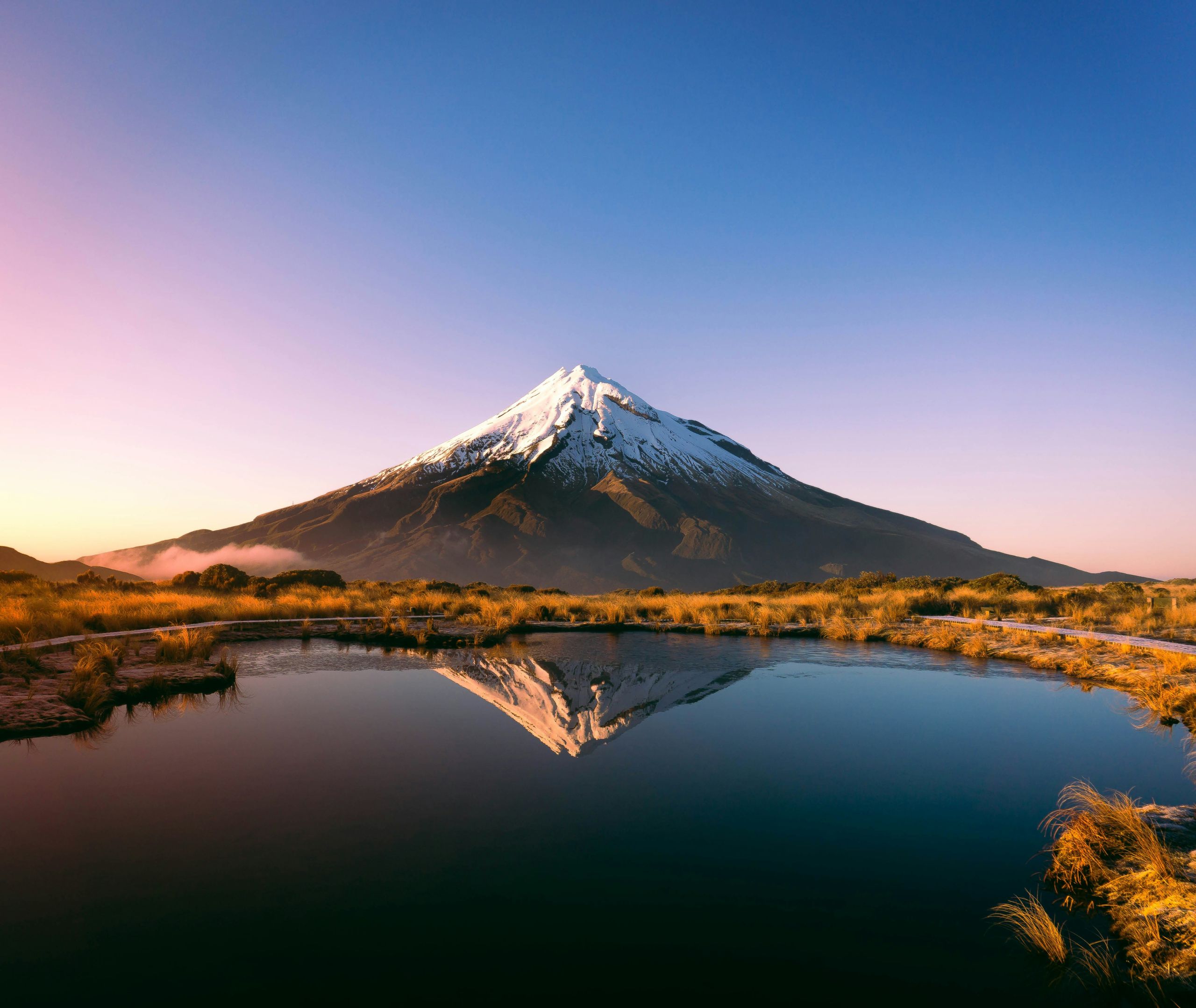Around the world, nature is gaining similar legal rights than persons. In 2017, New Zealand granted the Whanganui River the same legal rights as a human, recognising it as a living entity with its own legal standing. In 2016, Colombia’s Constitutional Court declared the Atrato River a legal entity, entitled to protection and restoration. And it doesn’t stop there. In 2025, New Zealand’s parliament granted Mount Taranaki (also known as Taranaki Maunga) legal personhood, acknowledging its cultural significance to the Māori people as a sacred ancestor.
These landmark decisions are more than symbolic gestures—they’re a fundamental shift in how we relate to the environment. If a river can sue for its rights, sustainability isn’t just an option; it’s the law. This paradigm change could redefine everything: from urban planning and industrial practices to corporate accountability and environmental ethics.


